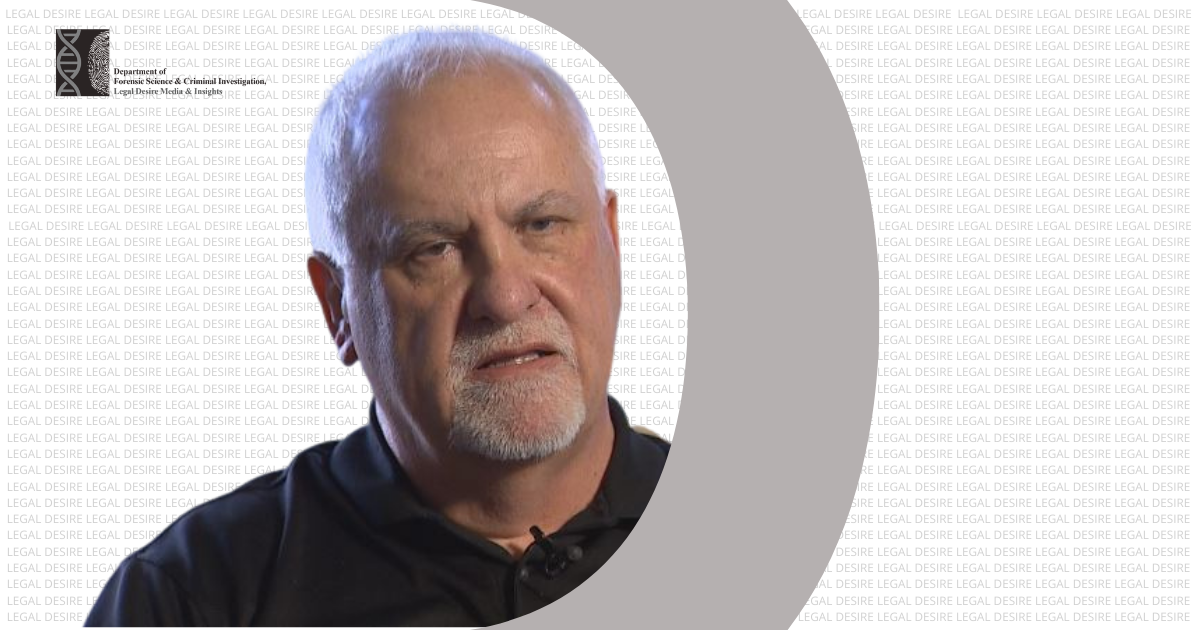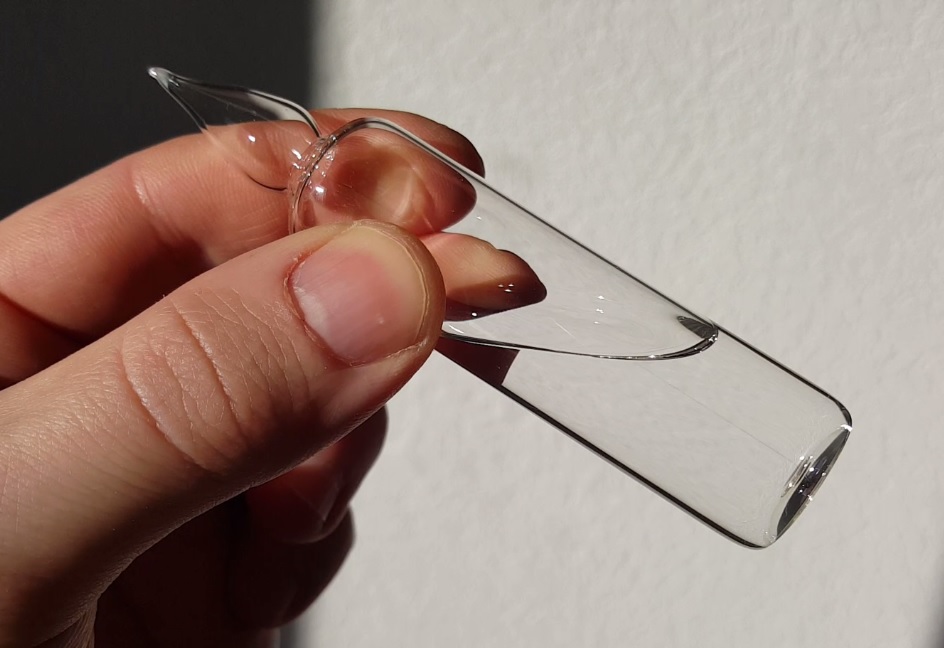Now Reading: In Conversation with Cloyd Steiger, Former Homicide Detective, Seattle Police Department
-
01
In Conversation with Cloyd Steiger, Former Homicide Detective, Seattle Police Department

In Conversation with Cloyd Steiger, Former Homicide Detective, Seattle Police Department
Cloyd Steiger is the author of the books, Homicide: The View from Inside the Yellow Tape, and Seattle’s Forgotten Serial Killer–Gary Gene Grant. He retired in 2016 after 36 years with the Seattle Police Department. He worked as a Homicide Detective for the last 22 of those years. He is the former Chief Criminal Investigator of the Washington State Attorney General’s Homicide Investigation Tracking System, (HITS), which tracks all murders in Washington, Oregon, and Montana, as well as assists local agencies with homicide investigations, including cold case homicides. Cloyd is the Director of Investigations Consulting for of the American Investigative Society of Cold Cases a national group comprised of experts in various aspects of homicide investigations, (such as Investigative, Behavioral, Laboratory, etc.) which helps with cold case murders from all across the United States. (AISOCC.com), as well as the Director of Investigations at the Midwest Cold Case Task Force, assisting in cold case murder investigations in the midwest US. He is a contributor to Crime Stories with Nancy Grace on Fox Nation and Sirius/XM Radio’s Triumph Channel, (#111). He has been featured in the following books: Smoke, Mirrors, and Murder, (Ann Rule 2008) Footsteps in the Snow (Charles Lachman, 2014) Rogue Justice (fiction) (William Neal, 2012) And the following television programs: 48 Hours, (CBS) 2012 “Cold as Ice” Dead of Night, (Investigation Discovery Network) Episode: Misfortune Teller Footsteps in the Snow (Nancy Glass Productions-Lifetime Movie Network-2014) Killer Instinct with Chris Hansen, Episode: Senseless in Seattle, (Investigation Discovery Network, ITN Productions-September 2015) Real Detective, (Investigation Discovery Network) Episode: “Vengeance” WAM Productions, February, 2016 Bloodline Investigations, (CBS Documentary for European Television). American Detective, (Investigation Discover Network, Jupiter Entertainment) coming in the fall of 2020. Mastermind of Murder, (Oxygen Network, Nancy Glass Productions) Fall 0f 2020 He is a frequent guest on True Crime podcasts, including Murder was the Case; Crawlspace Podcast; Missing Maura Murray; House of Mystery; and The Toll podcast.
What inspired you to select the Policing domain during those early days? How do you feel about your choice now?
I first decided I wanted to be a police officer when I was ten-years-old after watching television shows about policing, like “Adam-12” and “Police Story.” I started reading books about becoming a police officer and continued to do so all through school. When I was a teenager, I read a lot of True Crime books. That’s when I decided I ultimately wanted to be a Homicide Detective. I have had a great career. I wouldn’t change a thing.
As an author of various popular books in the true-crime community & general public, how do you see the success of your books?
Kindly give us a brief about your books and experience? I wrote my first book, “Homicide: The View from Inside the Yellow Tape” after people who knew about my career, like my wife and others, encouraged me to write it. It’s a snapshot of several murder investigations I did over my career. I was later contacted by a publisher who asked me to write about an older true-crime book. The result of that was my second book, “Seattle’s Forgotten Serial Killer, Gary Gene Grant”. Both books have sold fairly well. I never intended on becoming a true crime writer, but I enjoy writing, and I’m currently working on another book, also true crime.
Being a Detective investigating various cases, you might have been called in the Federal/State Courts for the testimonies.
I have testified thousands of times in court. I enjoyed testifying and was never nervous about it. I was there to tell the truth. That was easy
You have been featured in many true crime TV series, documentaries & podcasts. Additionally, you must have been consulted for setting up the mock crime scenes for portrayal on camera. What are some of them?
I’ve been on the following television shows to name a few: 48 Hours, (CBS) 2012 “Cold as Ice” Dead of Night, (Investigation Discovery Network) Episode: Misfortune Teller Footsteps in the Snow (Nancy Glass Productions-Lifetime Movie Network-2014) Killer Instinct with Chris Hansen, Episode: Senseless in Seattle, (Investigation Discovery Network, ITN Productions-September 2015) Real Detective, (Investigation Discovery Network) Episode: “Vengeance” WAM Productions, February, 2016 Bloodline Investigations, (CBS Documentary for European Television). American Detective, (Investigation Discover Network, Jupiter Entertainment) coming in the January, 2021. Mastermind of Murder, (Oxygen Network, Nancy Glass Productions) May, 2021. I’ve also worked as a consulting producer for an as-yet unnamed limited series on serial killers.
In your opinion, how important is it for a police officer/detective to have a scientific temper for effective policing & investigations of crime?
A detective, particularly, must have a scientific temperament. You must look at cases closely and have a detached curiosity about solving the crime.
You have been involved in solving and taking up various cold cases for investigations. What process & scientific techniques are used to solve the cold cases? What are some of the things to be taken into consideration while dealing with cold cases compared to normal cases?
When looking at cold cases, the investigator must reinvestigate the entire case from the beginning. Friendships and loyalties that existed when the crime was committed likely do not exist anymore, so people may be much more willing to say what they know about the case now than they did when it was committed. Additionally, forensic science has exploded in the last few years. All physical evidence must be re-examined using modern techniques.
With the advent of time, the role of policing has changed drastically. How demanding is it to meet the requirement of modern crime investigations?
Requirements for investigations have increased. At the same time tools which make those demands easier to meet have also developed. It balances out.
While working at the PD, you might have had numerous occasions dealing with crime scenes, victims & suspects interrogation, and dead bodies. Did it affect your personal life?
I didn’t allow it to affect me personally. You must separate your personal feelings from the work that needs to be done to solve the case.
There are plenty of cases pending with the Police Department all around the world. How to tackle the backlog of cases in each PD?
Investigators have to pull the cases down one at a time and work those cases. If you never start, you can’t ever solve the case.
Having been into service for more than 3 decades in the Policing Domain, you might have received appreciation letters, awards and recognition for your outstanding contribution from various agencies and the government. What are some of them?
I’ve received many accolades in my career. They’re nice to receive, but that’s not why I did what I did. I get my satisfaction from solving the crime.
Do you still wish to explore and contribute to the field of policing & forensics? How?
I’ve stayed involved in homicide investigation in several ways. One is I speak to groups like yours about homicide investigation. I’m also on the Board of Directors for the American Investigative Society of Cold Cases and work to solve cold case murders from around the US.
——————————————————————————————————————–
The interview was first published in Forensic Reporter, Legal Desire April Issue 2021.










